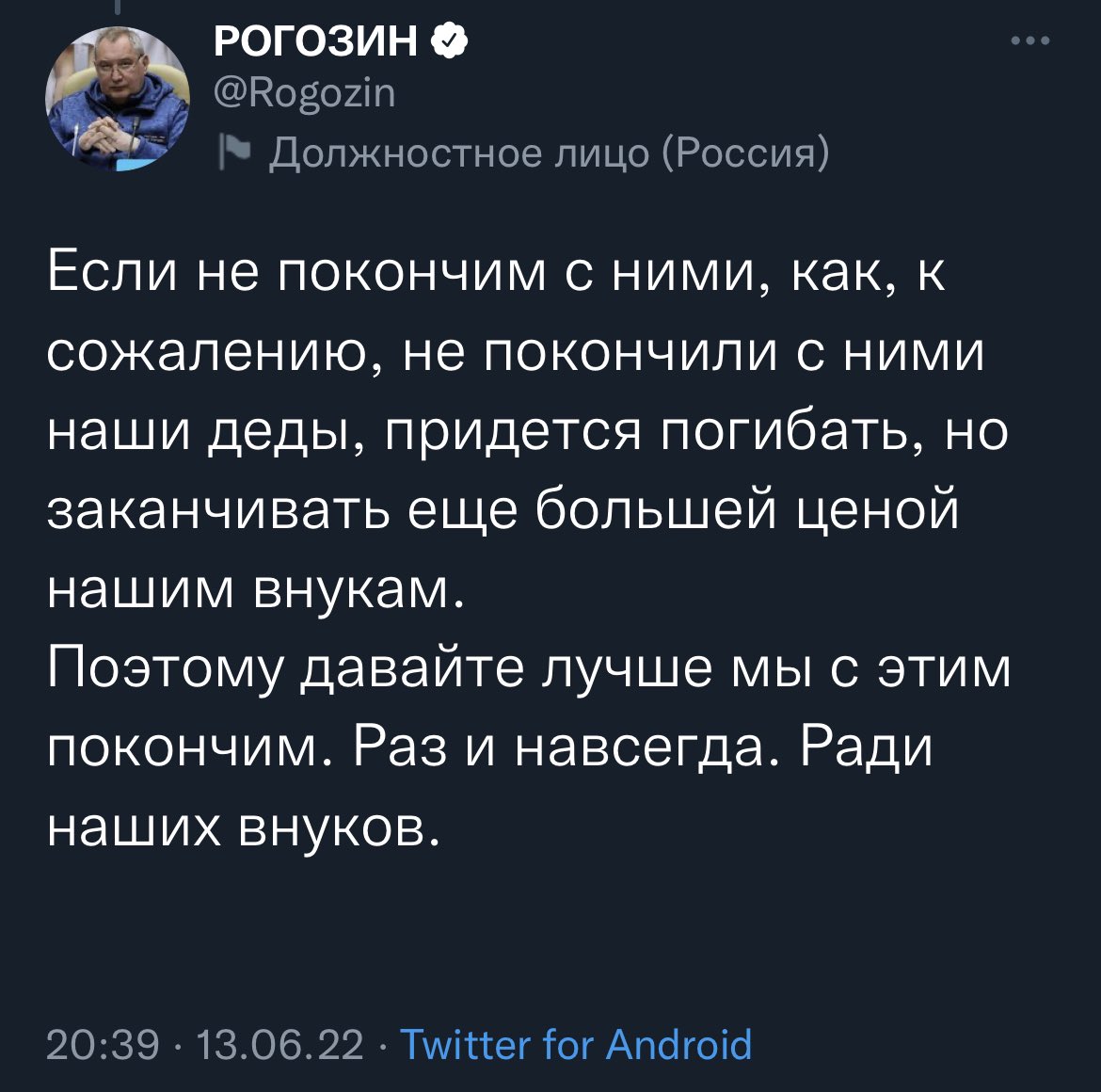
It is said that Russian President Vladimir Putin can only be influenced, to a certain degree, by a very narrow group of people, and individual "siloviki" (members of Russian power structures) are often mentioned among those belonging to that tight circle of confidants. 1/3
In this talk, Andreas Umland @UmlandAndreas presents research (conducted in cooperation with Martin Kragh @MartinKragh1) of geopolitical views and strategic thoughts of two prominent "siloviki" -> 2/3 

Russia's Secretary of the Security Council Nikolai #Patrushev and Foreign Intelligence Service Head Sergei #Naryshkin. Watch the presentation here: 3/3
• • •
Missing some Tweet in this thread? You can try to
force a refresh







